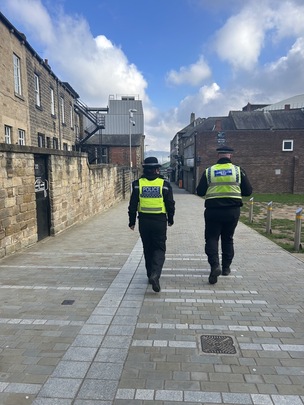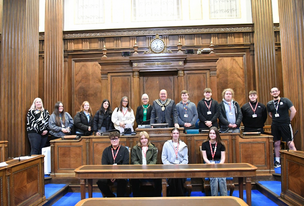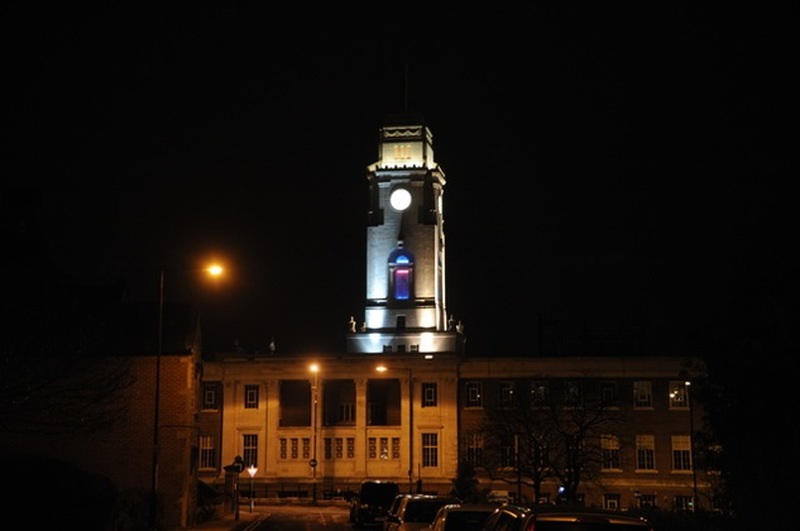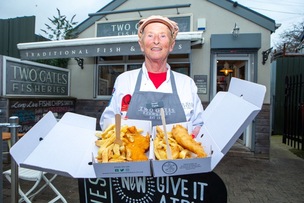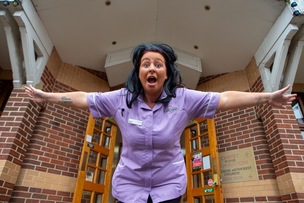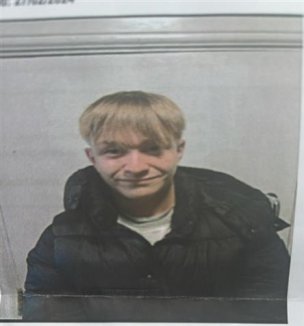HUNDREDS of homeless people in Barnsley will be given higher priority for council housing if new proposals are accepted - amid soaring numbers of people requiring support.
Local authorities have a statutory need to provide prevention or relief duties to prevent people from becoming homeless, or find an alternative if that’s not possible, respectively.
Currently, those deemed to be owed a relief duty under the Homelessness Reduction Act are in band three of a five-band priority system, with band one applicants those most urgently in need.
But a decision set to be discussed by cabinet members in January will see people owed relief duties moved up to the highest band - where those owed full homelessness duties sit.
A full homelessness duty can be provided if, after 56 days of relief, a person is still homeless - through no fault of their own - and if action has been unsuccessful. A relief duty otherwise ends if suitable accommodation has been secured for at least six months, or if the person is uncooperative or becomes ineligible for support.
Coun Tim Cheetham, cabinet spokesperson for place, told the Chronicle: “We’re currently reviewing our lettings policy to ensure it continues to best support residents in need of housing.
“A new lettings policy will be produced next year and will be subject to a full consultation process before its planned adoption in autumn 2022. In advance of this, we are proposing a few changes to how we prioritise our housing waiting list in relation to our duty to prevent homelessness in the borough.”
At Wednesday’s cabinet meeting, it was noted that applications for homelessness have increased from 167 between April and June to 309 in the second quarter of this financial year.
Coun Jenny Platts, cabinet spokesperson for adults and communities, said: “This is probably down to a number of factors including the lifting of the eviction ban at the end of May, a full mobilisation of the National Asylum Support Service, limited options in the private rented sector which are affordable, slow turnover in council housing and an improvement to the triage process which means more people are supported at the approach stage - minimising lost contacts and the general impact of the cost of living.”
In 12 months from last April to the end of March this year, 471 people were owed a relief duty - one more than the total number owed either duty two years prior.
From April 2018 to March 2019, there were 470 people assessed as being owed either duty which increased to 905 the following year before falling to 781 and 258 with support needs such as mental health issues, drug dependency or domestic abuse, which has now risen to 398.
In the most recent 12 months, 124 relief duty recipients - 15.9 per cent - were owed the duty because family or friends were no longer willing or able to accommodate them.
And, while 296 - 62.8 per cent - were single males, 48 - around one in ten - were single mothers, the highest proportion in three years.
Between April and June - the most recent period for which statistics are available - there were 75 people considered homeless, which has dropped from 114 during the same period a year prior.
Barnsley has prioritised rough sleepers since the start of the pandemic, and more than £250,000 was spent on temporary accommodation in bed and breakfasts in 2020/21 - a hike from the previous year’s spend of £140,000.

